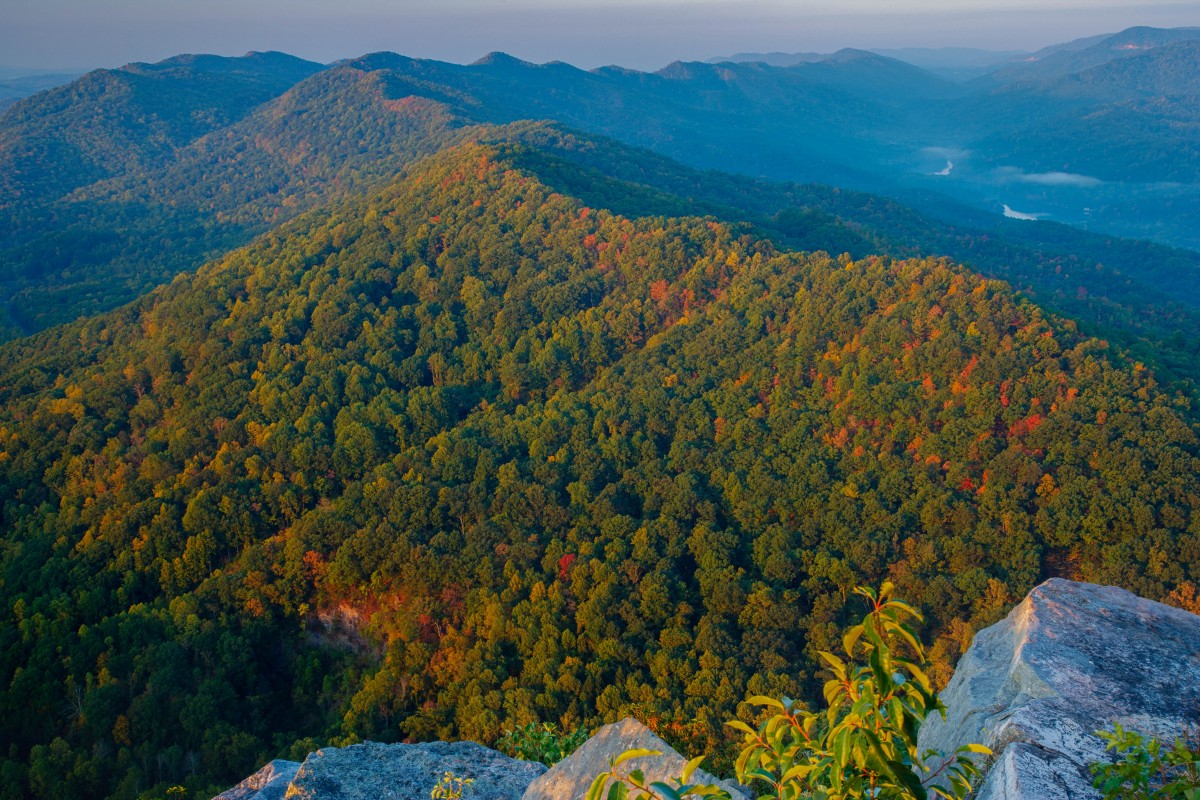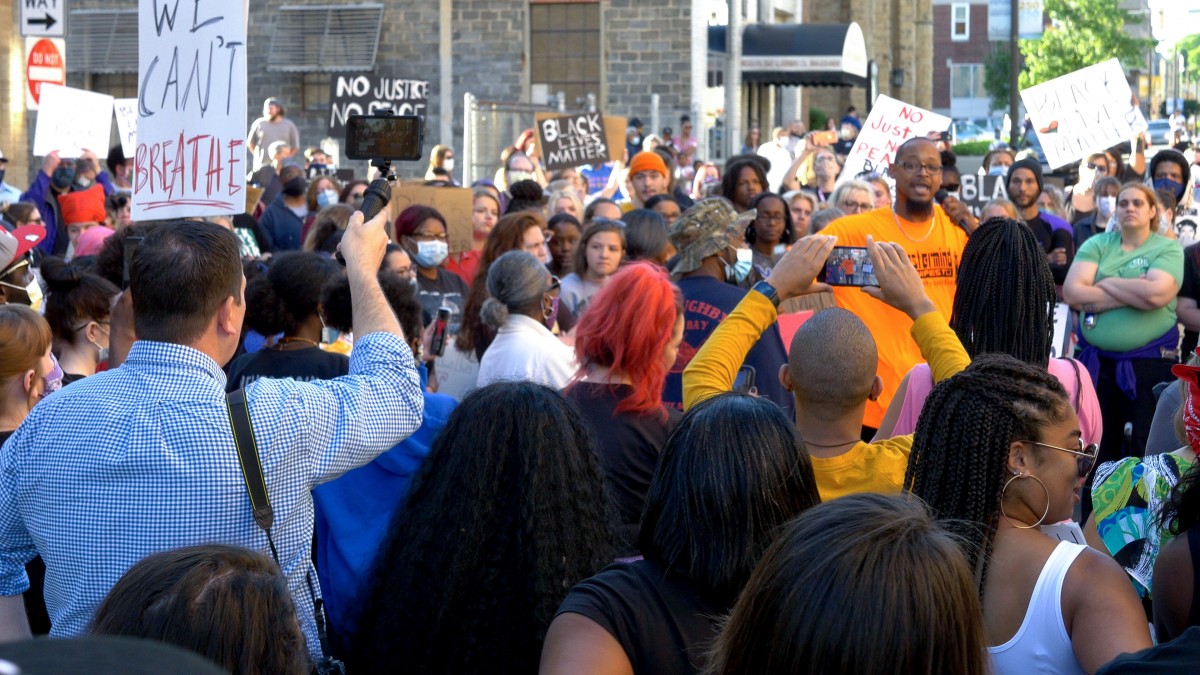Lots of ingenuity and a generous donation allowed the community of Paducah, Kentucky, to build their own free COVID-19 testing center.
A corporate wellness director, an anonymous donor, a fishing tournament weigh-in trailer and an empty church with a large parking lot – not exactly what you’d think would make a rural COVID-19 testing site.
But for Jennie Morehead and her boss, Dr. J. Kyle Turnbo, it was just what their rural community of Paducah, Kentucky, needed.
Prior to COVID-19, Morehead was the executive director of wellness at HealthWorks Medical, LLC. When the pandemic started, her responsibilities for in-person care stopped. But when an anonymous donor offered to pay for 1,000 test kits and processing, her boss, Dr. Turnbo, jumped at the opportunity to help his community out.
“Dr. Turnbo, he’s our owner, when he got that call, he said, ‘Well, we’ll just build our own site,’” Morehead said. “And he made a community task force of our local Baptist hospital and our local Mercy Hospital and then he said, ‘Look, I’ve got the tests. We’ve got the staff. We’ll be happy to run it if you all will help us build a site. That way the patients can stay out of the hospital, they can stay out of the doctor’s offices and we test them, and any physician that wanted to order a test could do that and it’s free.”
The task force also incorporated local community leaders and members from the state health department.
“We have made a strategic plan that includes the development of a drive-through testing location that clinicians can order testing of their patients through,” he said. “We developed a secure HIPAA-compliant app that clinicians can use to communicate with locations at the hospitals as well as this drive-thru location in order to coordinate the effort of testing and resulting turnaround for our patients.”
First, Morehead said, the task force found a location – Heartland Church in Paducah, with a large, empty parking lot. Formerly a construction safety engineer, Morehead called on her construction contacts to help build the testing site.
“It’s one of our local churches and it’s the largest one in Western Kentucky,” she said. “It has a parking lot roughly the size of a hospital’s. And they have a building out back that had a breezeway that went across it. So, one of our local contractors said ‘Hey, I can close all that in… It’s got a doorway on one side and a doorway on the other so a car can drive in and we shut the door, and they can be tested out of the wind and out of the elements and we don’t have to worry about cross-contaminating people.”
All they needed was a building.
Enter the Fishing League Worldwide (FLW).
Morehead’s husband is a retired professional fisherman. He contacted the FLW about one of their weigh-in trailers. They were perfect for the testing, Morehead said, because clinicians could be above cars entering the testing site and maintain social distancing from the patients.
With the trailer on one side of the breezeway, and garage doors on either end, patients could drive through the site, get testing and never have to leave their cars. All in all, the site cost about $25,000 (also provided by the anonymous donor) and took about three days to build, Morehead said.
Tests were available free to anyone whose doctor had ordered the test, Turnbo said.
“The only way they can come is through a clinician’s order,” he said. “We do have the local sheriff and police departments here. They’re monitoring and controlling traffic and preventing people from showing up inappropriately for testing. We do have information for people who don’t have an order about how they can get in contact with a clinician if they don’t have one already and how they can quarantine at home if they don’t need to be tested.”
And the people came, Morehead said. While most of the tests were given to those in McCracken and surrounding counties in Kentucky, others came from small towns in neighboring states. They came from Kentucky, Illinois, Tennessee and Missouri.
“Our community is staying ahead of the curve as far as bending the incidence curve, so we’re pretty proud of the community’s response, and the FLW trailer has been instrumental in allowing us to do this from a safe distance with all the appropriate control mechanisms from an infectious disease standpoint,” Turnbo said. “We’re tremendously grateful for the contribution. Everybody in the community has really stepped up and contributed; certainly, FLW and other local contractors. It’s really been a nice demonstration of what a community can do when they come together.”
The task force worked with community stakeholders to ensure those in the community were covered, even if they just showed up wanting a free test. Through an agreement with the health department, the task force was able to secure telehealth consultations for folks with symptoms who are uncertain where to reach out for help, or believe they’ve been exposed.
When the free tests run out, the task force will enter phase two of the testing program – closing down and cleaning up the drive-thru testing site, and opening up another one somewhere else.
The trailer will be cleaned, sanitized and returned. The garage doors will be taken down and cleaned. The task force will find a new location.
Morehead estimates that will take between three and four weeks to accomplish. In the meantime, they’ll be looking for a location for more COVID-19 tests.
“I have to go and rebuild another site somewhere that is still mobile testing, but it will not be free,” she said. “We’re going to have to come up with a way to make it equitable. I’m hoping that because right now we’re trying to make it a 501(c)-3 nonprofit and it’s a collaboration of the whole community… then the non-profit can buy the test in bulk.”
This article was originally published by The Daily Yonder.



